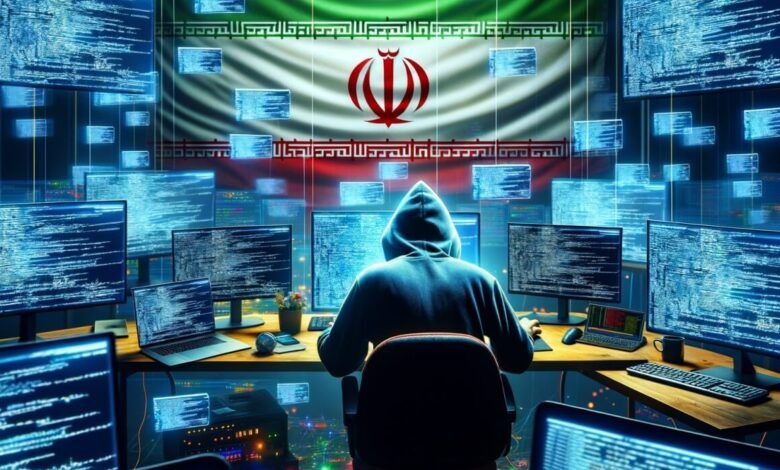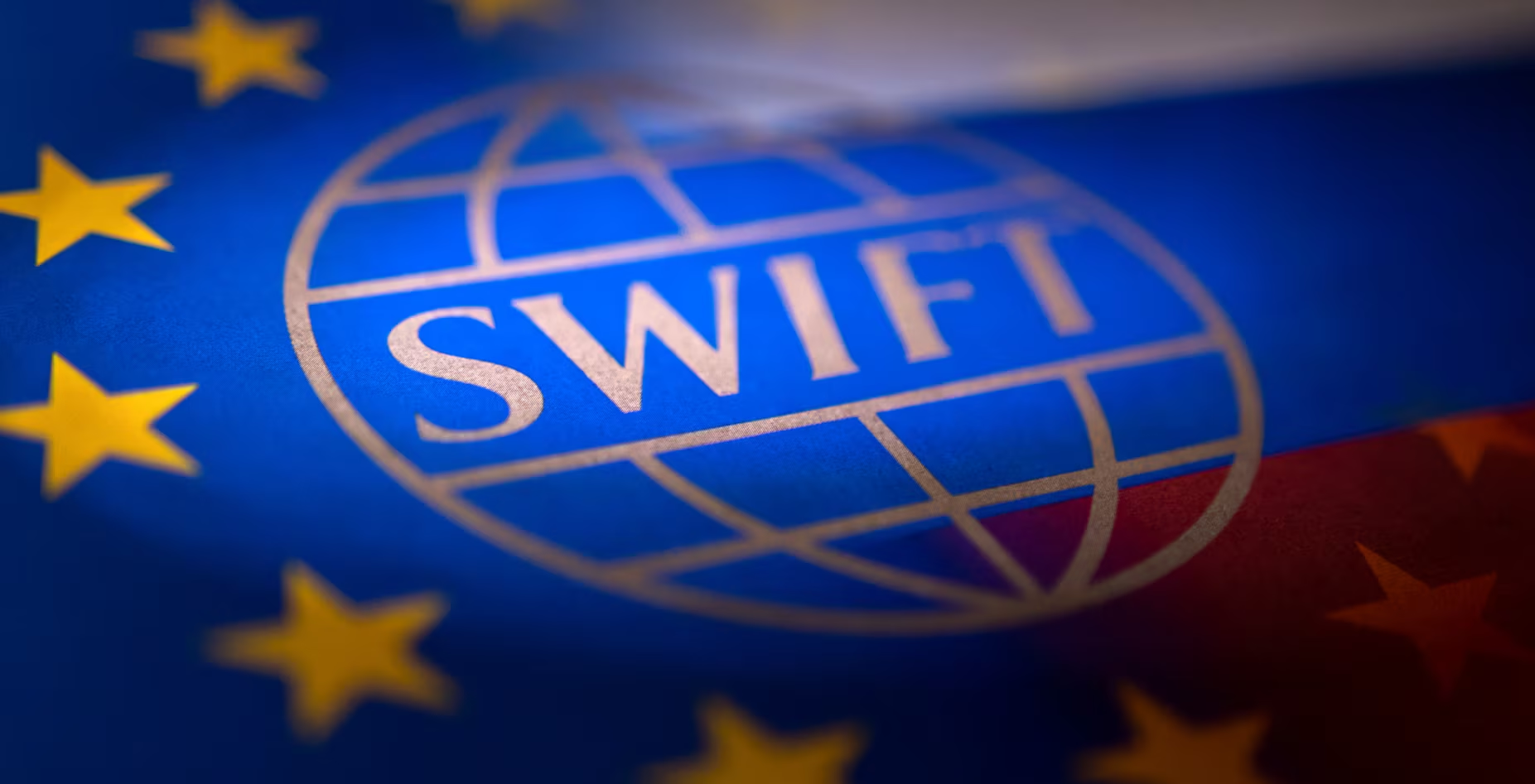
Iran crypto exchange hack: The Central Bank has imposed strict operating hour restrictions on all domestic cryptocurrency exchanges following a devastating cyberattack on Nobitex that resulted in losses exceeding $90 million. The new regulations limit trading activities to between 10 AM and 8 PM, marking the most significant regulatory response to a crypto security incident in the country’s history.
The Nobitex Hack: What Happened?
Scale and Impact of the Attack
Nobitex, Iran’s largest cryptocurrency exchange, suffered a major hack this morning with over $90 million sent from Nobitex hot wallets to hacker addresses. The attack has been attributed to anti-Iranian hacking group Gonjeshke Darande (“Predatory Shadow”), which had previously issued warnings about conducting cyberattacks against the platform.
Timeline of Events
The exploit began at approximately 6:00am Iran Standard Time with funds being funneled to vanity addresses. The hackers used sophisticated methods, transferring stolen cryptocurrency to blockchain addresses that contained custom character strings to create recognizable identities.
Key statistics from the attack:
- Total Loss: Over $90-100 million in cryptocurrency
- Attack Duration: Started at 6:00 AM Iran Standard Time
- Platform Status: Nobitex’s website remains inaccessible at the time of writing
- Affected Assets: Multiple cryptocurrencies including Bitcoin, Ethereum, and XRP
Iran’s Swift Regulatory Response

New Operating Hour Restrictions
The new rule, which limits trading to between 10am and 8pm, appears to be a direct response to the hack on Nobitex, the Tehran-based exchange that processes the bulk of Iran’s crypto transactions. This unprecedented move demonstrates the Iranian government’s commitment to tightening oversight over the domestic cryptocurrency sector.
Objectives Behind the Restrictions
The operating hour limitations serve several strategic purposes:
Enhanced Oversight: By concentrating trading activities within specific hours, regulators can more effectively monitor transactions and identify suspicious activities.
Risk Mitigation: This move is aimed at tightening oversight and reducing the likelihood of future incidents, particularly during off-hours when monitoring capabilities may be reduced.
Market Control: The restrictions allow authorities to maintain better control over cryptocurrency flows within Iran’s financial system.
The Geopolitical Context
Pro-Israel Hacking Groups
It’s the latest cyberattack on Iran claimed by a pro-Israeli hacking group since the latest flare up in tensions between the two countries. The attack represents more than just financial theft – it’s part of a broader pattern of cyber warfare between regional adversaries.
Security Implications
Elliptic has linked the exchange to sanctioned ransomware operatives and wallets tied to Hamas, Palestinian Islamic Jihad, and the Houthis, highlighting the complex intersection of cryptocurrency platforms with geopolitical tensions in the Middle East.
Impact on Iran’s Crypto Ecosystem
Market Dominance of Nobitex
Nobitex holds a significant position in Iran’s cryptocurrency landscape, processing the majority of the country’s digital asset transactions. The platform’s compromise represents a substantial blow to Iranian crypto trading infrastructure.
Regulatory Evolution
Iran’s cryptocurrency regulations have evolved significantly over recent years:
- 2018: Initial recognition of cryptocurrency mining as a legal industry
- 2022: Legalization of crypto for imports while maintaining domestic trading restrictions
- 2025: Implementation of operating hour restrictions following security incidents
Expert Analysis and Industry Response

Security Vulnerabilities Exposed
The Nobitex hack exposes critical vulnerabilities in cryptocurrency exchange security, particularly in regions with complex geopolitical circumstances. Security experts emphasize that exchanges operating in politically sensitive environments face unique challenges beyond traditional cybersecurity threats.
Regulatory Precedent
Iran’s response sets an important precedent for how nation-states might respond to major cryptocurrency security incidents. The swift implementation of operating hour restrictions demonstrates regulatory agility in addressing immediate security concerns.
Global Implications for Crypto Security
Exchange Security Standards
The incident underscores the critical importance of robust security measures for cryptocurrency exchanges worldwide. Key takeaways include:
- Hot Wallet Management: The vulnerability of hot wallets to sophisticated attacks
- Geopolitical Risk Assessment: Consideration of political factors in security planning
- Incident Response Protocols: The need for comprehensive emergency procedures
Regulatory Innovation
Iran’s operating hour restrictions represent a novel regulatory approach that other jurisdictions may study and potentially adapt for their own cryptocurrency oversight frameworks.
Looking Ahead: Future of Crypto Regulation in Iran
Short-term Impacts
The immediate effects of the new regulations include:
- Reduced trading windows for domestic investors
- Increased compliance burdens for exchanges
- Enhanced regulatory oversight capabilities
Long-term Considerations
The success of these restrictions in preventing future attacks will likely influence whether Iran maintains, modifies, or expands these regulatory measures. The cryptocurrency industry will closely monitor the effectiveness of time-based trading restrictions as a security measure.
Conclusion
The Nobitex hack and Iran’s regulatory response highlight the evolving challenges facing cryptocurrency exchanges in an increasingly complex global security environment. Iran’s central bank limits crypto exchanges to 10 am-8 pm after a $100M hack on Nobitex by pro-Israel hackers, aiming to curb attacks and control transactions.
This incident serves as a stark reminder that cryptocurrency platforms must navigate not only traditional cybersecurity threats but also geopolitical risks that can manifest as sophisticated, state-level cyberattacks. As the industry continues to mature, the balance between innovation, security, and regulatory compliance remains a critical challenge for exchanges worldwide.








